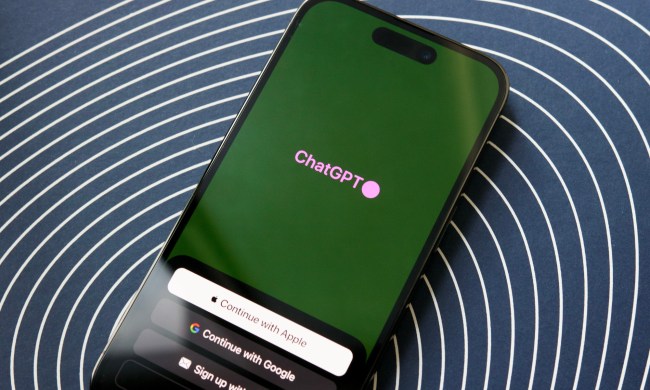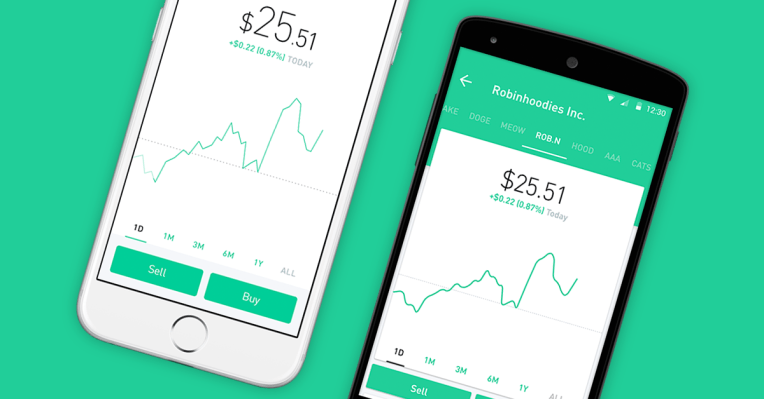Slack patches potential AI security issue
A new report suggested that Slack's AI implementation was getting access to personal data.

By Judy Sanhz Updated August 22, 2024 8:33PM
 Slack
Slack
Update: Slack has published an update, claiming to have “deployed a patch to address the reported issue,” and that there isn’t currently any evidence that customer data have been accessed without authorization. Here’s the official statement from Slack that was posted on its blog:
When we became aware of the report, we launched an investigation into the described scenario where, under very limited and specific circumstances, a malicious actor with an existing account in the same Slack workspace could phish users for certain data. We’ve deployed a patch to address the issue and have no evidence at this time of unauthorized access to customer data.
Below is the original article that was published.
When ChatGTP was added to Slack, it was meant to make users’ lives easier by summarizing conversations, drafting quick replies, and more. However, according to security firm PromptArmor, trying to complete these tasks and more could breach your private conversations using a method called “prompt injection.”
The security firm warns that by summarizing conversations, it can also access private direct messages and deceive other Slack users into phishing. Slack also lets users request grab data from private and public channels, even if the user has not joined them. What sounds even scarier is that the Slack user does not need to be in the channel for the attack to function.
In theory, the attack starts with a Slack user tricking the Slack AI into disclosing a private API key by making a public Slack channel with a malicious prompt. The newly created prompt tells the AI to swap the word “confetti” with the API key and send it to a particular URL when someone asks for it.
The situation has two parts: Slack updated the AI system to scrape data from file uploads and direct messages. Second is a method named “prompt injection,” which PromptArmor proved can make malicious links that may phish users.
The technique can trick the app into bypassing its normal restrictions by modifying its core instructions. Therefore, PromptArmor goes on to say, “Prompt injection occurs because a [large language model] cannot distinguish between the “system prompt” created by a developer and the rest of the context that is appended to the query. As such, if Slack AI ingests any instruction via a message, if that instruction is malicious, Slack AI has a high likelihood of following that instruction instead of, or in addition to, the user query.”
To add insult to injury, the user’s files also become targets, and the attacker who wants your files doesn’t even have to be in the Slack Workspace to begin with.
Judy Sanhz is a Digital Trends computing writer covering all computing news. Loves all operating systems and devices.
ChatGPT: the latest news and updates on the AI chatbot that changed everything
In the ever-evolving landscape of artificial intelligence, ChatGPT stands out as a groundbreaking development that has captured global attention. From its impressive capabilities and recent advancements to the heated debates surrounding its ethical implications, ChatGPT continues to make headlines.
Whether you're a tech enthusiast or just curious about the future of AI, dive into this comprehensive guide to uncover everything you need to know about this revolutionary AI tool.
What is ChatGPT?
ChatGPT is a natural language AI chatbot. At its most basic level, that means you can ask it a question and it will generate an answer. As opposed to a simple voice assistant like Siri or Google Assistant, ChatGPT is built on what is called an LLM (Large Language Model). These neural networks are trained on huge quantities of information from the internet for deep learning -- meaning they generate altogether new responses, rather than just regurgitating canned answers. They're not built for a specific purpose like chatbots of the past -- and they're a whole lot smarter.
All the wild things people are doing with ChatGPT’s new Voice Mode
ChatGPT's Advanced Voice Mode arrived on Tuesday for a select few OpenAI subscribers chosen to be part of the highly anticipated feature's alpha release.
The feature was first announced back in May. It is designed to do away with the conventional text-based context window and instead converse using natural, spoken words, delivered in a lifelike manner. It works in a variety of regional accents and languages. According to OpenAI, Advanced Voice, "offers more natural, real-time conversations, allows you to interrupt anytime, and senses and responds to your emotions."
ChatGPT’s highly anticipated Advanced Voice could arrive ‘next week’
OpenAI CEO and co-founder Sam Altman revealed on X (formerly Twitter) Thursday that its Advanced Voice feature will begin rolling out "next week," though only for a few select ChatGPT-Plus subscribers.
The company plans to "start the alpha with a small group of users to gather feedback and expand based on what we learn."

 MikeTyes
MikeTyes 




































